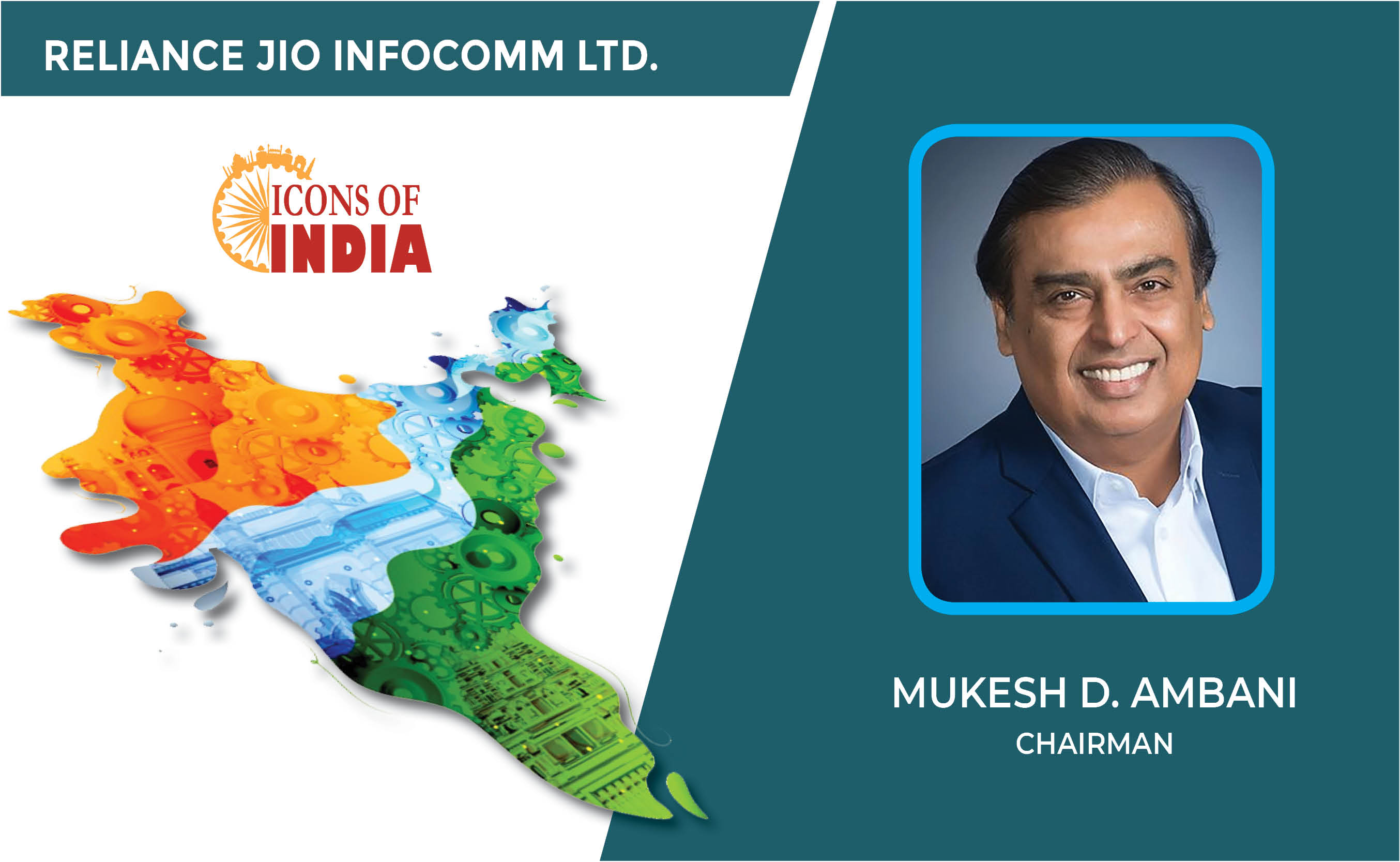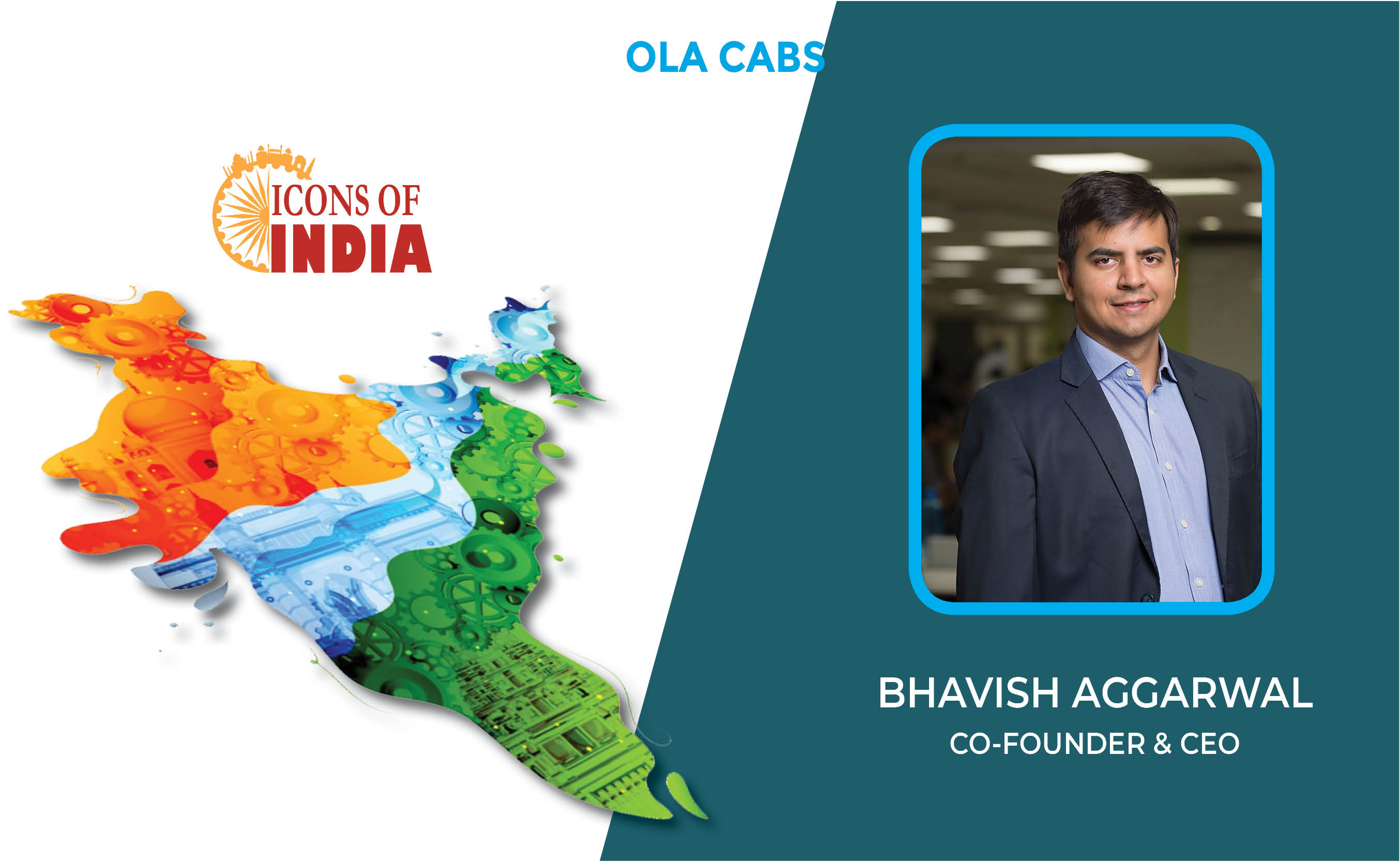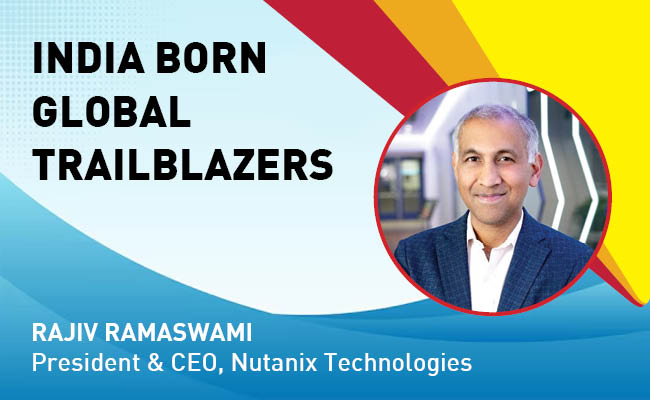Indian consumers are extremely open to adopt AI as the game-changer
By MYBRANDBOOK

A study found that if Indian consumers see the potential to increase their competitiveness and make things easier, they typically trust emerging technologies such as AI. At the same time, however, respondents appear to be worried about the ethics behind AI and the potential for it to behave with bias. It is crucial for organizations to understand the expectations, knowledge gaps, and desires of AI of their customers in a still maturing technology adoption market like India to implement it optimally.
Indian companies are accelerating their AI adoption – particularly as the pandemic forced them to increase their digital engagement capabilities. By taking an empathetic and ethical approach to AI, businesses can ensure their customers’ faith in AI is rewarded with better service – which ultimately leads to an increase in customer loyalty.”
The Key findings are AI is accepted as key for better customer experience: 84% of respondents agree AI has the potential to provide better customer experiences, improve brand reputation, and increase customer loyalty. Almost 78% said they are comfortable interacting with AI for business-related queries.
A survey further says, consumers prefer talking to machines over humans: The study found 60% of Indians are more likely to tell the truth to an AI system or chatbot as compared to a human. This could be because engaging with a neutral bot would ease people’s concerns about the embarrassment of saying the wrong thing or creating a misunderstanding given the huge variety of cultures, subcultures, and myriad of beliefs across the country. Most believe AI acts with bias: 80% of respondents believe that AI- based decisions can be biased without any human interventions. As AI models adapt and learn from experiences, only 33% of respondents believe AI will evolve to become less biased over time.
Secondly, consumers trust companies they do business with – 85% of those surveyed in India believe companies have a moral obligation to do what’s right (beyond what is legally required), and 79% of respondents trust companies have customers’ best interests at heart. Organizations must ensure they implement AI responsibly or risk losing this hard-earned loyalty. Organizations should adopt transparent and unbiased AI, which means their AI models can explain exactly why a decision was made. By combining AI-based insights with proper AI governance, organizations can more safely adopt AI while driving better customer engagements.


Legal Battle Over IT Act Intensifies Amid Musk’s India Plans
The outcome of the legal dispute between X Corp and the Indian government c...

Wipro inks 10-year deal with Phoenix Group's ReAssure UK worth
The agreement, executed through Wipro and its 100% subsidiary,...

Centre announces that DPDP Rules nearing Finalisation by April
The government seeks to refine the rules for robust data protection, ensuri...

Home Ministry cracks down on PoS agents in digital arrest scam
Digital arrest scams are a growing cybercrime where victims are coerced or ...


Icons Of India : Anil Agarwal
Anil Agarwal, the Founder and Chairman of Vedanta Resources Ltd., is r...

Icons Of India : MUKESH D. AMBANI
Mukesh Dhirubhai Ambani is an Indian businessman and the chairman and ...

Icons Of India : Bhavish Aggarwal
Indian entrepreneur Bhavish Aggarwal is the CEO of Ola, India’s larg...


GeM - Government e Marketplace
GeM is to facilitate the procurement of goods and services by various ...

HPCL - Hindustan Petroleum Corporation Ltd.
HPCL is an integrated oil and gas company involved in refining, market...

PFC - Power Finance Corporation Ltd
PFC is a leading financial institution in India specializing in power ...


Indian Tech Talent Excelling The Tech World - Anirudh Devgan , President, Cadence Design
Anirudh Devgan, the Global President and CEO of Cadence Design Systems...

Indian Tech Talent Excelling The Tech World - Rajiv Ramaswami, President & CEO, Nutanix Technologies
Rajiv Ramaswami, President and CEO of Nutanix, brings over 30 years of...

Indian Tech Talent Excelling The Tech World - Lal Karsanbhai, President & CEO, Emerson
Lal Karsanbhai, President and CEO of Emerson, assumed the leadership i...
 of images belongs to the respective copyright holders
of images belongs to the respective copyright holders